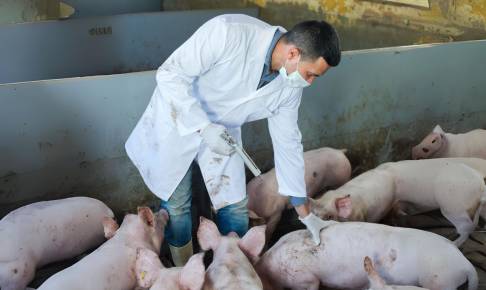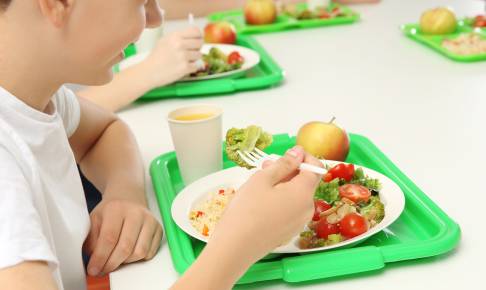Microplastics may increase antibiotic resistance
Microplastic particles, according to recent research from Rice University, may enable bacteria to develop greater resistance to antibiotics.
According to the scientists at Rice University's George R. Brown School of Engineering, microplastics, which can be found almost everywhere (in takeout containers, tea bags, etc.), offer a habitat not only for bacteria and chemical pollutants, but also for the genetic materials that provide the bacteria with higher antibiotic resistance. As the plastic particles degrade, they produce compounds that might enhance the receptivity of vectors to horizontal gene transfer. This is the mechanism through which antibiotic-resistance genes spread. Antibiotic resistance in general may make it more challenging for human immune systems to fight infections.
According to the research, published in Journal of Hazardous Materials, microplastics with a size of 100 nanometers to 5 micrometers provide a perfect amount of surface area for trapping microorganisms, which are subsequently susceptible to horizontal gene transfer when the plastics degrade and produce depolymerization chemicals. These compounds damage bacteria's membranes, allowing antibiotic-resistance genes to penetrate and conferring resistance on the microbes to antibiotics. The problem is that these microplastics enable bacteria to grow more resistant to antibiotics, even in the absence of antibiotics.
Each year, the CDC estimates that more than 2.8 million individuals in the United States alone get infected with antibiotic-resistant bacteria. Antibiotic resistance has often been ascribed to excessive or incorrect use of antibiotics as instructed by health experts. The latest research demonstrates that resistance may also develop in the absence of antibiotics; instead, bacteria can become more resistant to antibiotics and more lethal as a result of pollution.
Sources:
https://news.rice.edu/news/2021/microplastic-pollution-aids-antibiotic-resistance
https://www.sciencedirect.com/science/article/abs/pii/S0304389421028648?via%3Dihub






















